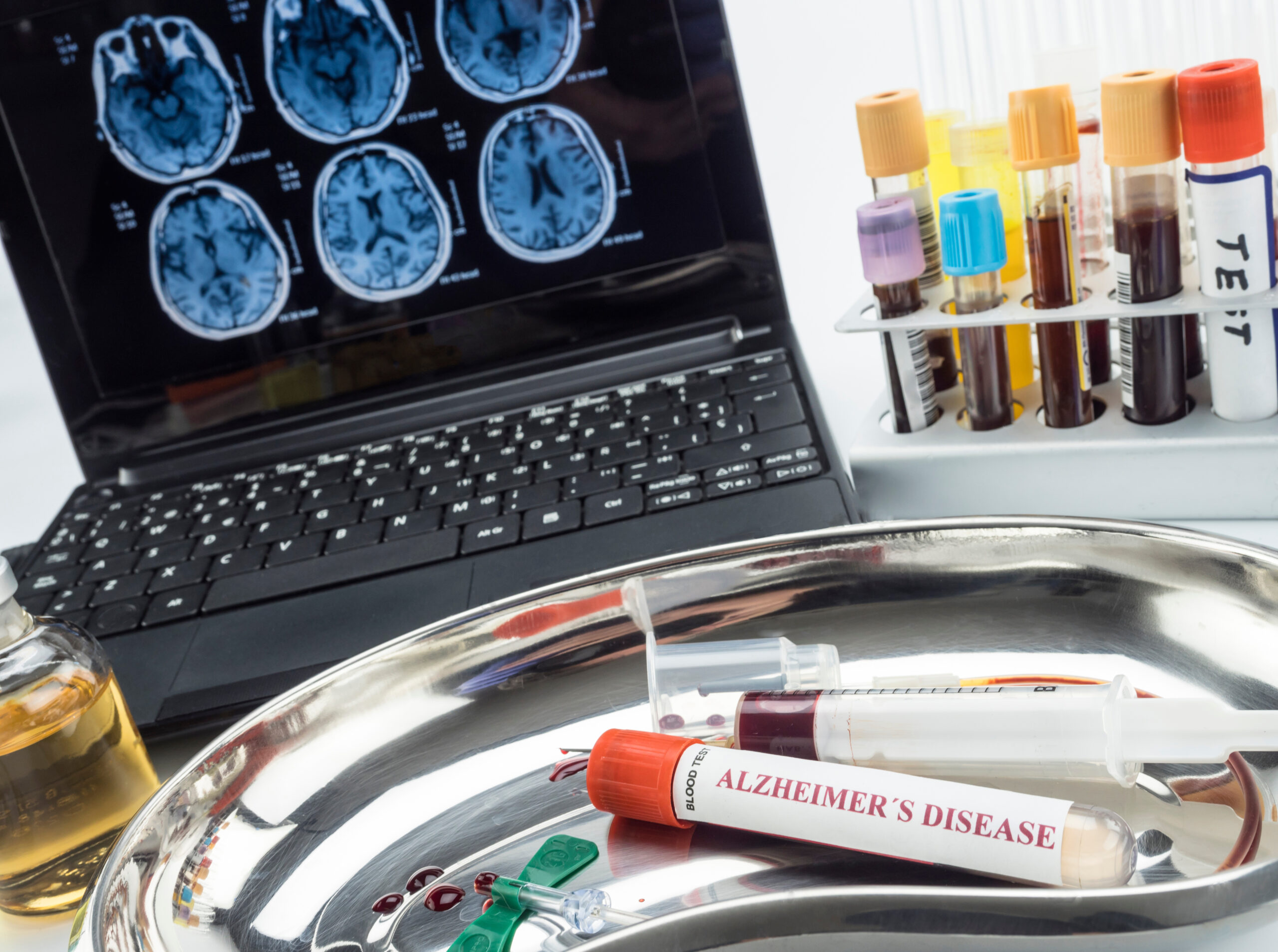Investigating community-based support models for Alzheimer’s families
**Community-Based Support Models for Alzheimer’s Families: A Guide**
Alzheimer’s disease is a challenging condition that affects not only the person diagnosed but also their loved ones. As the number of people living with Alzheimer’s continues to rise, it’s essential to explore community-based support models that can help families navigate this journey. In this article, we’ll delve into various community-based support models and resources available for Alzheimer’s families.
### Understanding the Need for Community Support
Living with Alzheimer’s can be overwhelming, both for the person diagnosed and their caregivers. The emotional, financial, and practical burdens can be significant. Community-based support models aim to alleviate these burdens by providing a network of resources, education, and emotional support.
### Role of Community Health Workers (CHWs)
Community Health Workers (CHWs) are often the first point of contact for many families dealing with Alzheimer’s. These workers are trained to connect families with local resources, such as support groups, educational programs, and healthcare services. For instance, in California, the CAlz Connect Program uses CHWs to reach out to people with dementia and their caregivers. These CHWs provide support, education, and resources on coping with stress, preventing injuries, and staying healthy[1].
### Support Groups: A Safe Space for Caregivers
Support groups are a crucial part of community-based support models. These groups offer a safe space for caregivers to share their experiences, receive practical advice, and find comfort in knowing they are not alone. The Alzheimer’s Association in San Antonio and South Texas hosts various support groups, both in-person and virtually. These groups are led by trained facilitators and provide a platform for caregivers to discuss their challenges and find solutions[2].
### Educational Resources
Education is key in managing Alzheimer’s. Various organizations offer continuing education courses for caregivers and healthcare professionals. For example, the Alzheimer’s CEU course provided by Wild Iris Medical Education covers pharmacologic and medical therapies, rehabilitation strategies, and ways to support families and caregivers[3]. These courses help equip caregivers with the knowledge they need to provide better care.
### Creating Dementia-Friendly Communities
Creating a dementia-friendly community is another important aspect of support models. This involves empowering people with dementia to feel confident and able to contribute to their community. Dementia cafés, for instance, provide an opportunity for people with dementia to meet others, talk about their experiences, and participate in group activities. Local libraries, GP surgeries, and council offices often have information about other social groups that can help integrate people with dementia into the community[4].
### Local Initiatives: A Closer Look
Local initiatives play a significant role in providing tailored support to families. The Alzheimer’s Disease Association of Kern County (ADAKC) offers a range of services including adult day care, support groups, and educational classes. Their support groups cater to different needs such as early-stage Alzheimer’s, caregiver support, spouse support, and survivor support. Additionally, ADAKC provides resources like 1-day respite programs and crisis counseling, which are invaluable for caregivers[5].
### Conclusion
Community-based support models are essential for families dealing with Alzheimer’s. By leveraging the role of CHWs, support groups, educational resources, and local initiatives, we can create a more supportive environment for those affected by this condition. These models not only provide practical assistance but also offer emotional support, helping families navigate the complexities of Alzheimer’s with greater ease.
By understanding and utilizing these community-based support models, we can improve the quality of life for both people with Alzheimer’s and their caregivers. It’s time to build stronger, more supportive communities that empower everyone to live with dignity and confidence.





